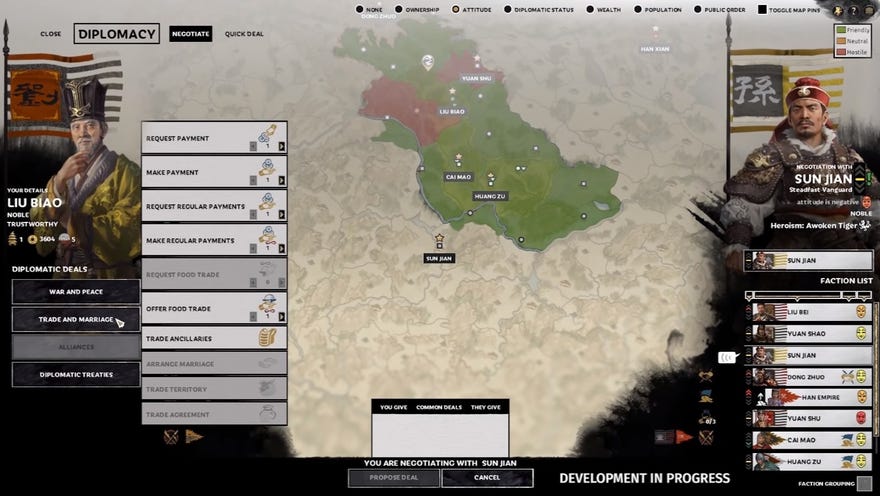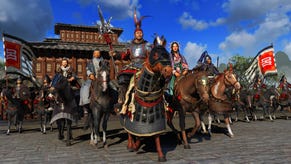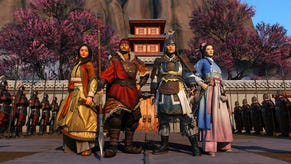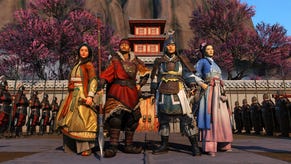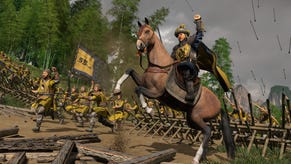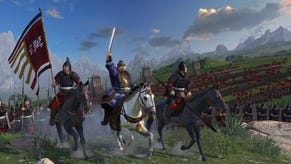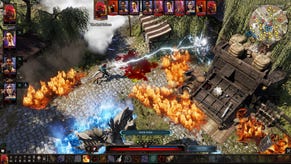Total War: Three Kingdoms's new diplomacy systems look deviously intricate
No more Mr Nice Guy... Okay, maybe a bit.
War may never change, but diplomacy sure could use an overhaul in the Total War series. The upcoming Total War: Three Kingdoms is going to be shaking things up a bit, if Creative Assembly's massive two part dev-blog post on the subject is any indication. Personal relationships are going to be important if you plan on uniting China under your reign, and while two nations may be friendly, their leaders may have their own axes to grind, souring negotiations. Take a peek at the how all this 'not sending soldiers to stab people' stuff works in a pair of explanatory videos below.
The core of the Total War series hasn't seen much changed since the original Shogun, and the rework to diplomacy here looks to be one of the biggest shifts yet. Personal reputations seem far more important, and marching a besieging army into an allied city will earn you a black mark that the AI will recognise. It's the kind of dirty trick that you can pull off once, maybe twice but nobody is going to want to be friends with Harry Backstabs. Front-stabbing is a factor, too - you can threaten factions if they don't do as you say, but if they call your bluff, war is declared automatically.
Multi-faction power blocs are a thing, too. While military alliances require better diplomatic standing to make work, coalitions can be more loosely defined, allowing multiple warlords to pursue mostly-aligned goals without stepping on any toes. As the video below details, starting a coalition is easy, but expanding it requires the agreement of the majority of current members. The bigger your alliance grows, the harder it's going to be to wrangle that herd of cats into any kind of unified front. Your personal standing with each of the voting rulers will skew voting odds either way.
As much as I've enjoyed Total War: Warhammer 2, its Mortal Empires mega-campaign does tend to feel like 'you against the world' after a while. Being able to have a growing network of factions that you're just happy to leave alone and even resupply from without any deeper demands sounds like a major improvement by itself, and it's just the tip of the diplomatic iceberg. The new systems look complex, and I'll probably foul them up entirely on my first few tries, but I'm increasingly eager to give it a stab. Once I'm done with Warhammer 2, of course, which may take a few years yet.
Total War: Three Kingdoms launches on March 7th, 2019. You can find it on Steam and Humble, priced at £45/€60/$60, with early adopters getting the Yellow Turban Rebellion faction DLC free. You can read the full developer blogs on diplomacy here and here.
